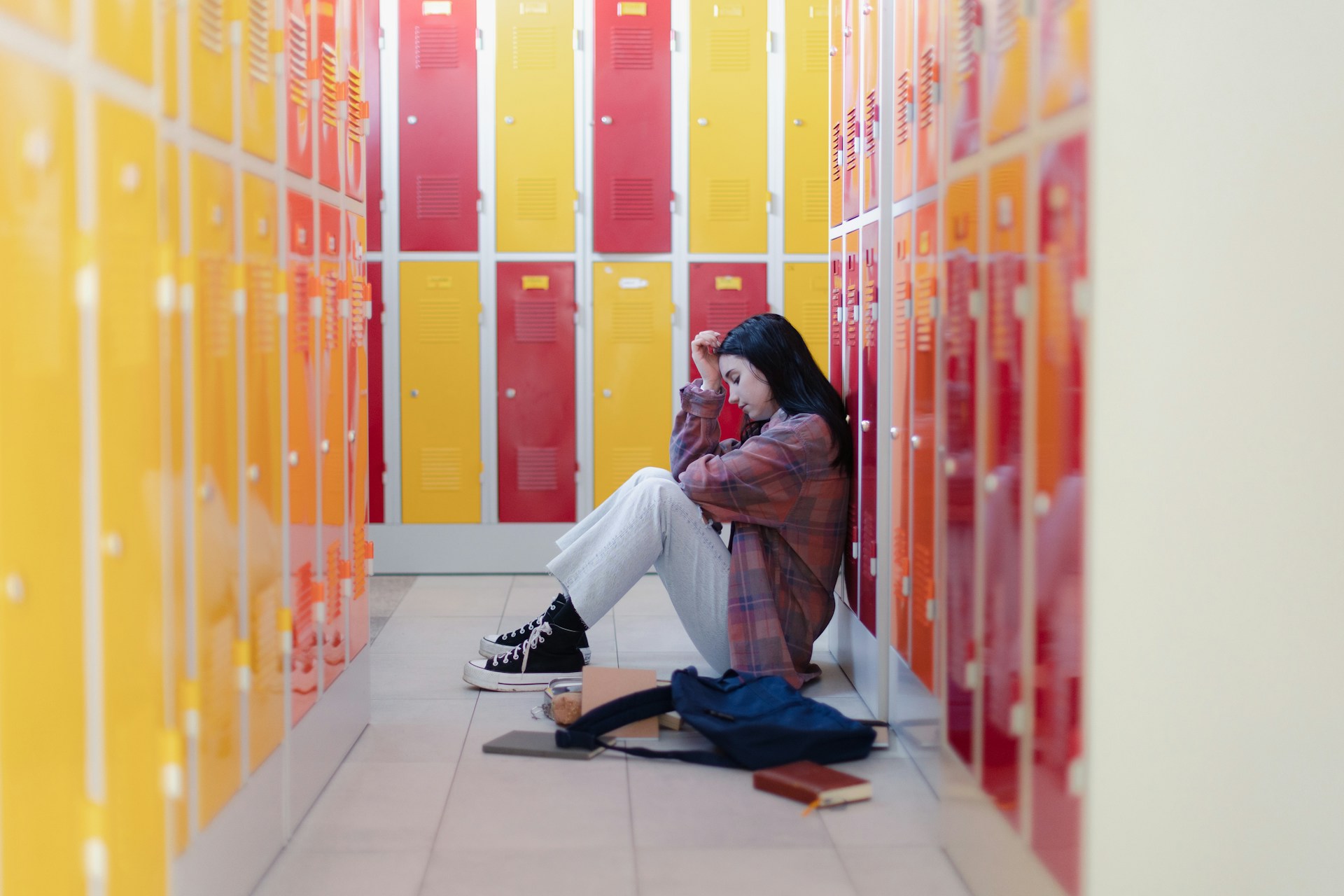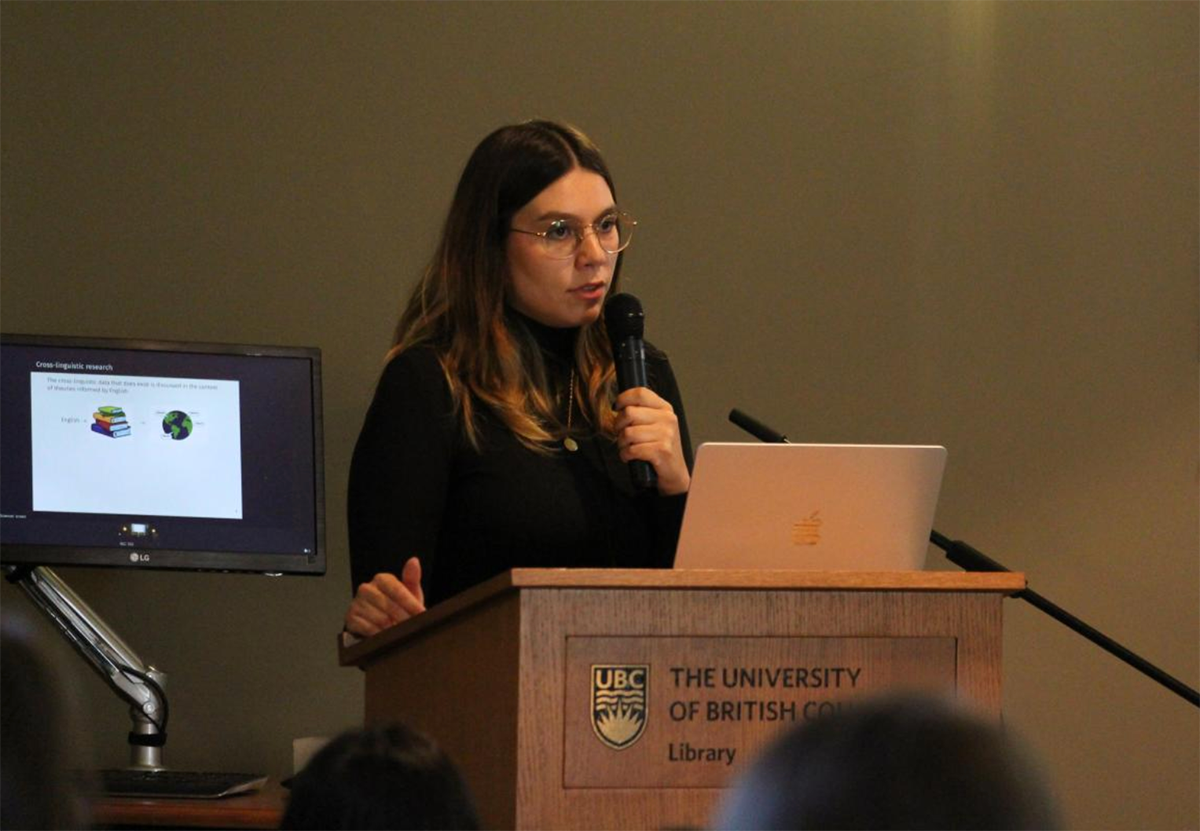This is part of an ongoing series that showcases how faculty members across Arts are approaching timely topics in their classes. The Ways of Knowing Breadth Requirement can be fulfilled within any of the featured courses and programs.
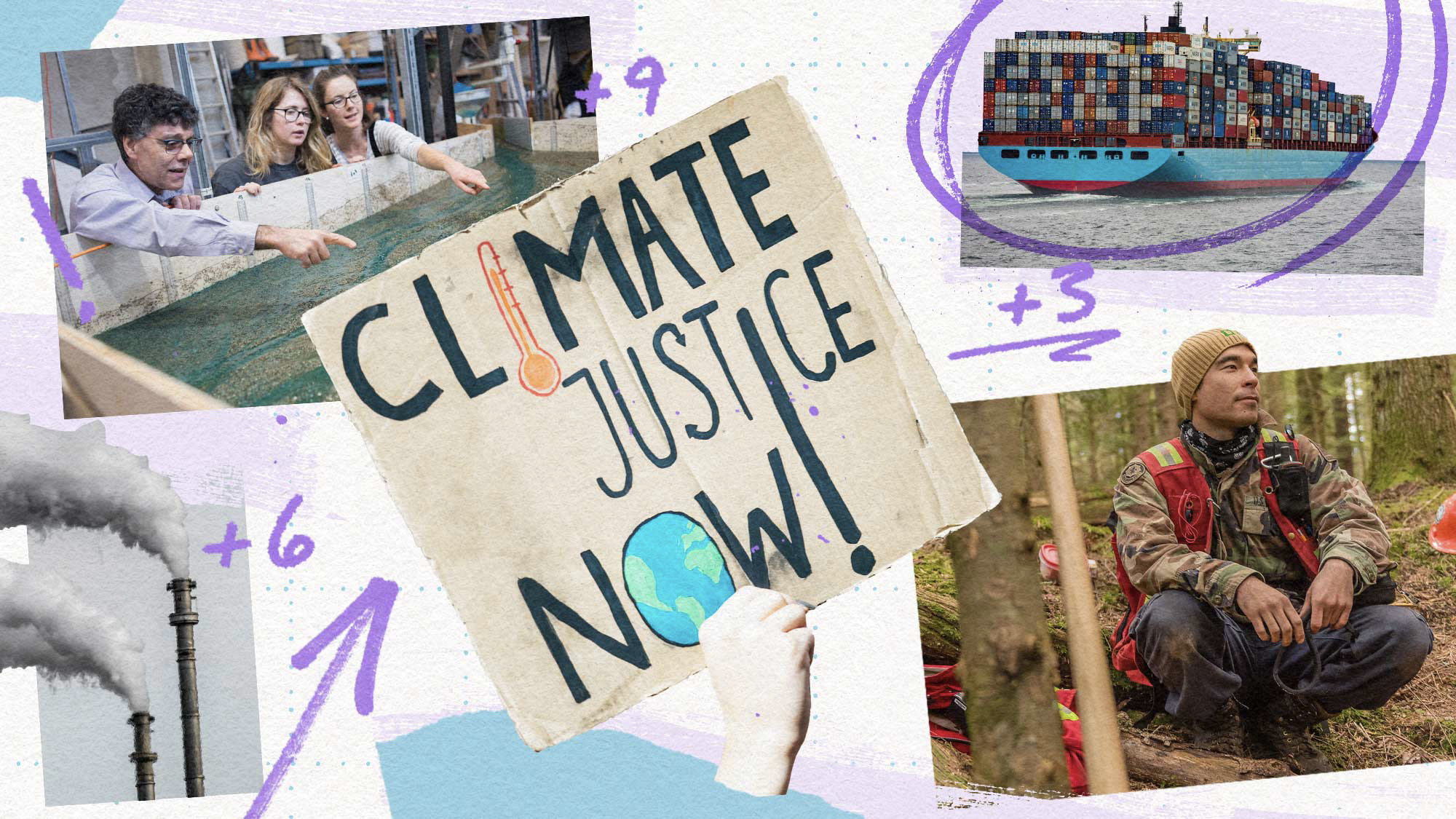

From climate justice to sustainability efforts, how can the Ways of Knowing breadth requirements help you to gain more insight about climate change?
We asked four Arts faculty members from different disciplines—Creative Writing, Economics, Political Science, and Information Studies—to share what you can expect from their areas of study on this topic.
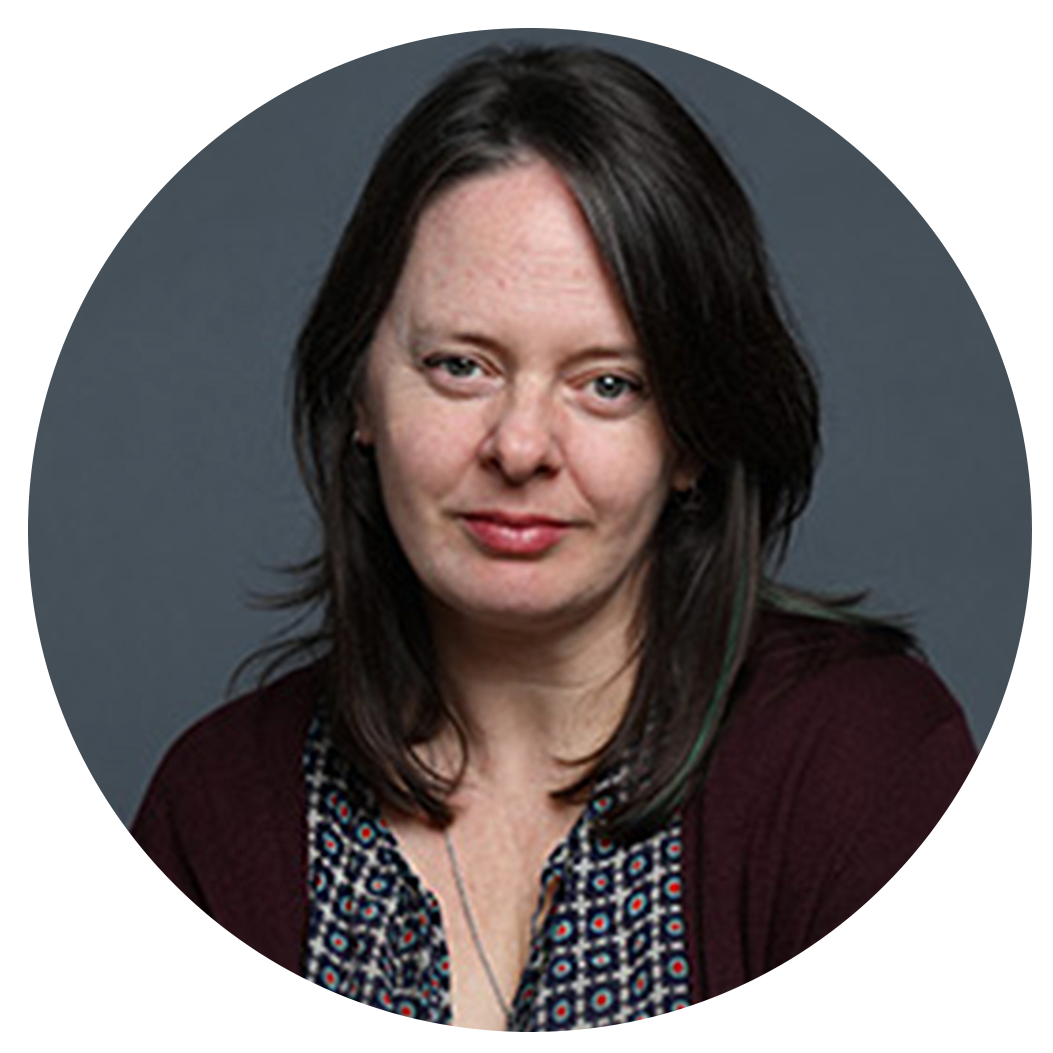

Adjunct Professor, School of Creative Writing
Climate change and Creative Writing
Jennifer Moss (she/her)
Many students write about the issues that they feel brewing just under the surface of their lives. Climate change and climate disaster are common themes. In some classes, we are overt in our “sustainability” focus, and in others, we see it more implicitly as a subject that students may bring up themselves through their personal written exploration. For some students who have grown up closer to the land, the land is a source of inspiration for their writing. Indigenous traditions and ways of knowing are particularly illuminating in this sense. Other students may feel more distanced from the land and this leaves them feeling empty or confused. All of this makes excellent territory to explore through the art of creative writing.
My colleagues and I constantly explore the connection between place, identity, and psychology by asking questions like “How does the setting inform the story?” or “How is the character’s psychological state mirrored by the landscape?” In many classes, we find that students who are emotionally challenged by the worsening environmental state feel better once they have processed their feelings through writing. We also look — in some cases — for opportunities for student writers to get involved in sustainability projects around campus and around the city, because their writing adds emotional depth and social relevance to these initiatives.
“I appreciated the emphasis on sustainability throughout the curriculum. Seeing how creative writing can be interdisciplinary and bring climate change to light, how to use our voices and platforms to make an impact, and to show how something like water is so heavily intertwined in our lives. CRWR 302 and 312 have given me the ability to see this and better understand both environmental issues and the power of digital storytelling.”
Interested in learning more about climate change and its connection to creative writing? This Humanities and Creative Arts course can be counted toward the Ways of Knowing breadth requirement.
- CRWR-213: Introduction to Writing for the New Media (3 credits)
- CRWR 302: Writing for Podcast
- CRWR 312: Interactive Storytelling (3 credits)


Assistant Professor of Teaching, Vancouver School of Economics
Climate change and Economics
Dr. Jonathan Graves (he/him)
If economic growth has been the engine of the dramatic improvement in global life expectancy and quality of life since the early 20th century, what are the limits to growth? How does growth take into account the relationships humans have with the natural world and our increasingly obvious negative impact on it? These questions are central to economics, which thinks carefully about how our decisions both shape and are shaped by the environment. How do we manage global issues like carbon emissions and other kinds of pollution? What are the likely consequences of climate change for our economic welfare? What kinds of policies are likely to be effective at ensuring sustainable use of resources and preserving the natural world?
Every major environmental issue in our everyday lives has a significant economic component; from the carbon tax, to fishing quotas, to logging regulations, to subsidies for e-bikes. If you want to understand environmental policy, you need to understand economics. Economics provides a framework for thinking about the global impact of our policies, starting from how they shape our individual choices and is a powerful tool for understanding which policies we can adopt to ensure a sustainable, vibrant future.
“Economics at UBC equipped me with the skills to apply regression analysis in assisting a company in Mexico to reduce their carbon footprint.”
Interested in learning more about climate change and its connection to economics? This Social and Behavioural Systems course can be counted toward the Ways of Knowing breadth requirement.
- ECON 255: Understanding Globalization (3 credits)
- ECON 371: Economics of the Environment (3 credits)
- ECON 374: Land of Economics (3 credits)
- ECON 471: Economics of Nonrenewable Resources (3 credits)
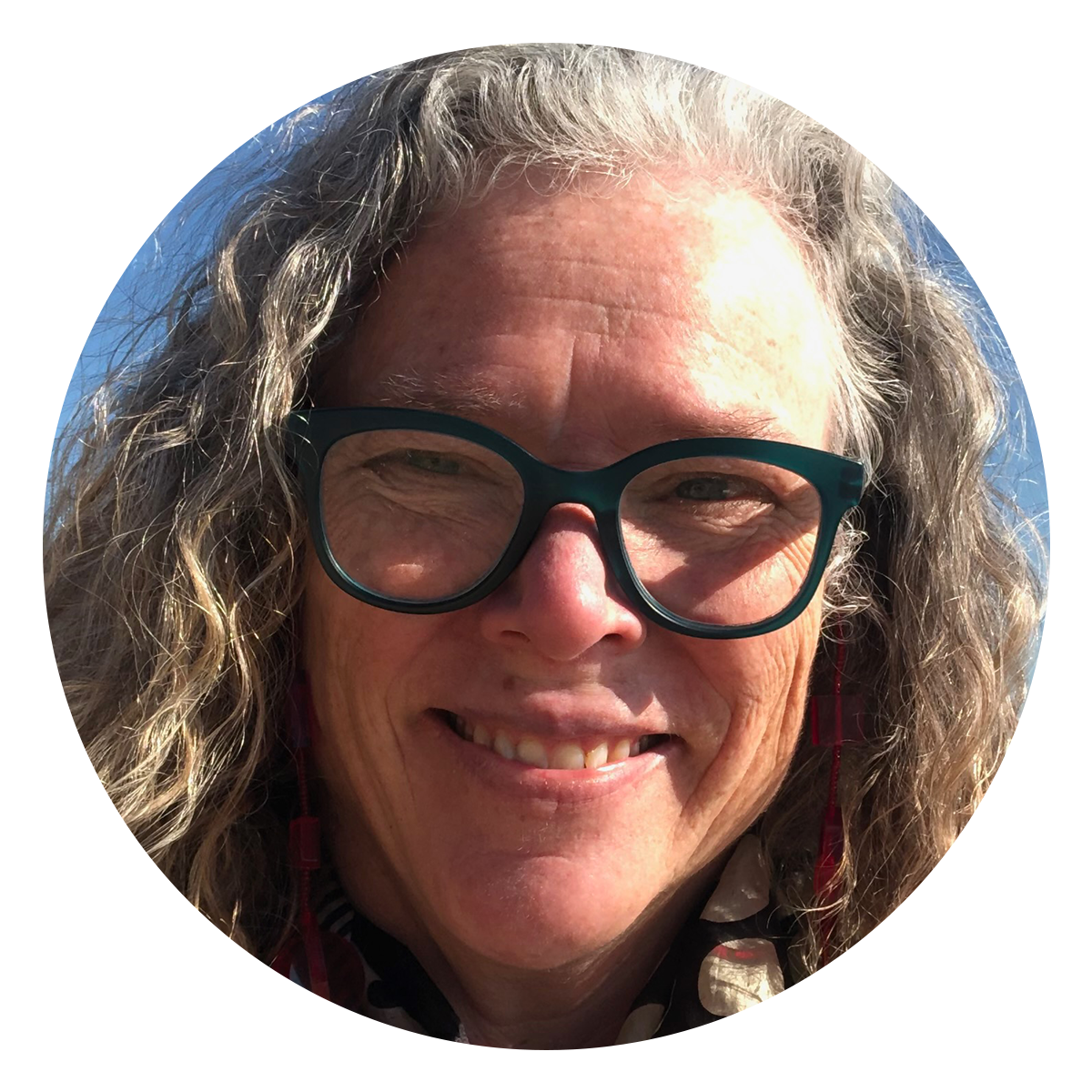

Professor, Department of Political Science
Climate policies and Political Science
Dr. Kathryn Harrison (she/her)
Climate change is at the heart of just about everything I do at UBC. My research explores when and why governments adopt effective climate policies. I use public opinion surveys and statistical methods as well as qualitative methods—archival research and interviews—to understand different countries’ policy choices.
My goal for my courses is for students to learn what need to know about climate policy as engaged citizens. Students should leave POLI 351 with an understanding of what policies work and don’t, and the features of political systems that we can leverage to advance more effective policies. After all, how citizens can best use their time and effort to advance climate action isn’t the same in every country.
This course benefits from diverse perspectives so I’ve designed it to be open to all (upper level) UBC students, without prerequisites. My colleague, Peter Dauvergne, does the same for his course, POLI 375: Global Environmental Politics. It’s inspiring — and challenging — to hear both from a business major about the risk of policy uncertainty for innovative businesses or a philosophy major who connects policy outcomes to theories of justice. Peter’s course explores climate too, but in the context of broader questions about global sustainability and justice, including impacts of multinational corporations and consumption.
“POLI 351 not only provided a broad introduction to climate politics and climate justice in theory, but also delved into the details of specific and timely climate policy issues. I learned that climate change is a deeply relational and social issue, not just a technical issue, and that the solutions to it must also be rooted in social and relational justice.”
Interested in learning more about climate change and its connection to political science? This Social and Behavioural Systems course can be counted toward the Ways of Knowing breadth requirement.
- POLI 351: Environmental Politics and Policy (3 credits)
- POLI 375: Environmental Politics (3 credits)
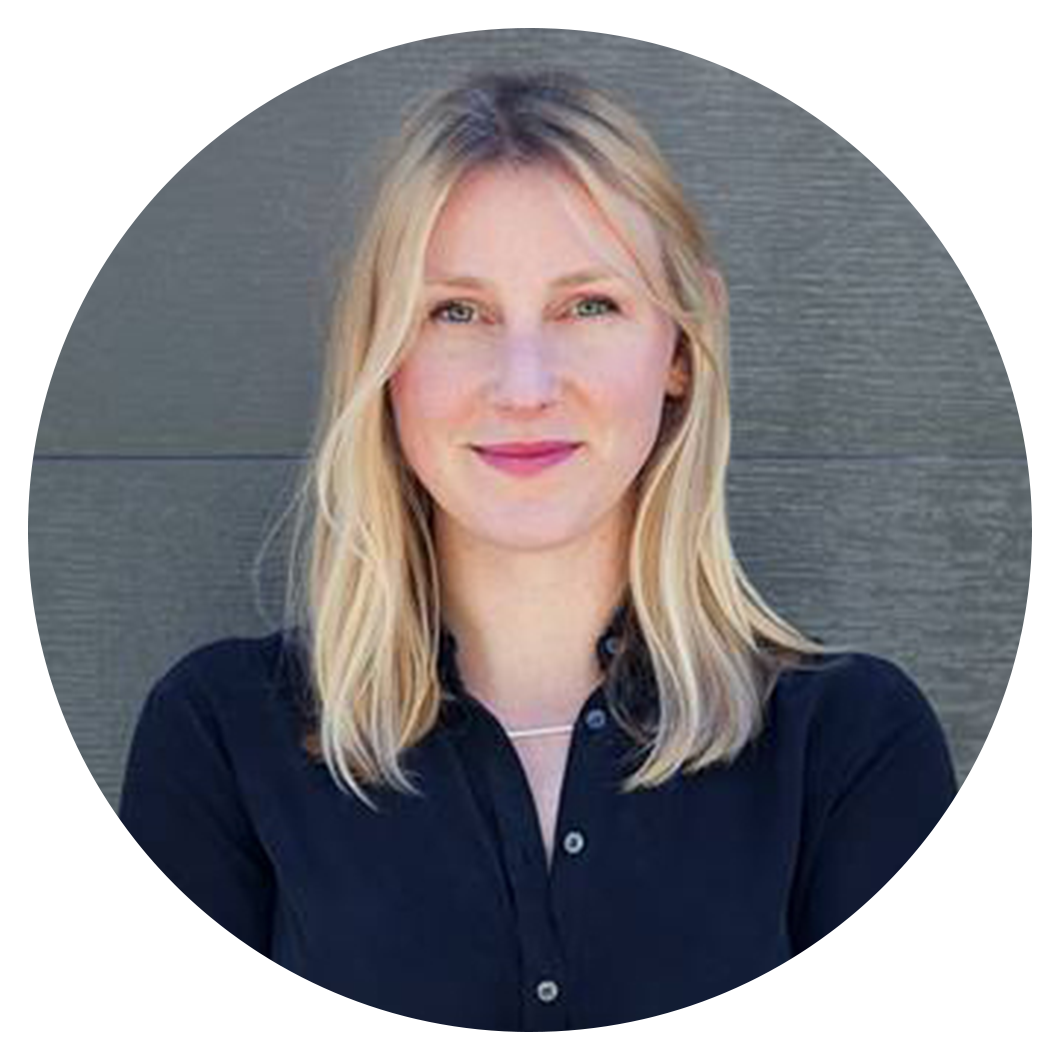

Assistant Professor, School of Information
Climate change information and Informatics
Dr. Hannah Turner (she/her)
Information studies (Informatics) takes into account different types of infrastructure. For example, digital preservation systems show much promise, but a significant amount of energy is required to keep their physical infrastructure running. We must ask – what happens when memories are lost because of server malfunctions during a climate catastrophe? What is important to save? Who gets to decide? How might we learn alongside Indigenous communities’ knowledge systems, and work towards Indigenous data and land sovereignty? In short, information matters. We need to plan now to manage sustainable information materials for the future.
“Dr. Turner's classes taught me to think about the relationship between information and the environment in ways I wouldn't have considered before. For example, learning about organization systems and preservation showed me how we must consider deterioration and sustainability of physical resources when storing information long-term, and looking at infrastructures made me aware of how things like climate change and environmental disasters can affect transfer of information between people.”
Interested in learning more about climate change and its connection to informatics? This Social and Behavioural Systems course can be counted toward the Ways of Knowing breadth requirement.
- INFO 100: Decoding Information and Why It Matters (3 credits)
- INFO 200: Foundations of Informatics (3 credits)
- INFO 301: Digital Cultural Collections (3 credits)
Explore more articles on how you can fulfill your ways of knowing breadth requirements based on your interests:
From migration to diaspora and globalization, how can you use the Ways of Knowing breadth requirement to gain more insight?
Part I: Political Science, Asian Studies, History, Spanish Studies
Featuring Dr. Antje Ellermann, Dr. Ayaka Yoshimizu, Dr. Sara Ann Knutson, and Dr. Tamara Mitchell
